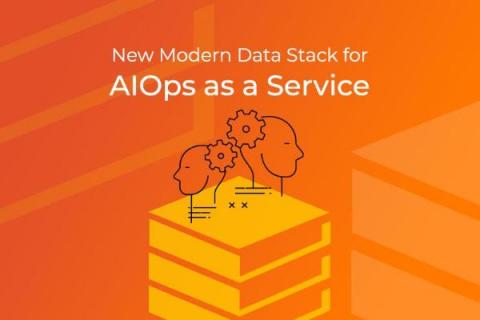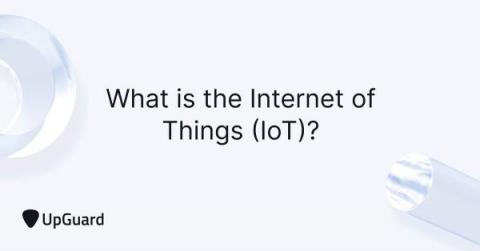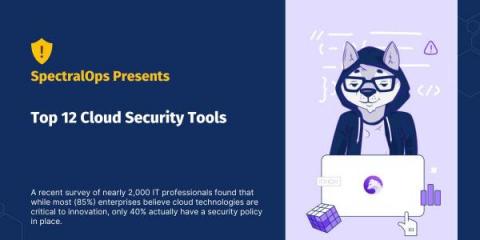Securing Our Nation: How the Infrastructure Investment and Jobs Act Delivers on Cyber Resiliency
Attacks and intrusions on our nation’s vital infrastructure — our electrical grid, water systems, ports and oil supply — are on the rise. For example, as reported by the Pew Charitable Trust in March 2021, hackers changed the chemical mixture of the water supply in Oldsmar, Fla., increasing by 100 times the level of sodium hydroxide (lye) in the water supply.










